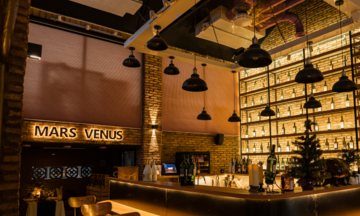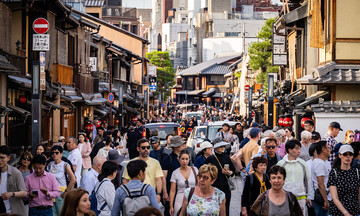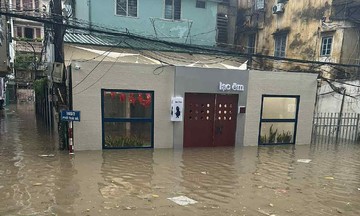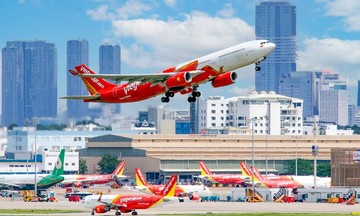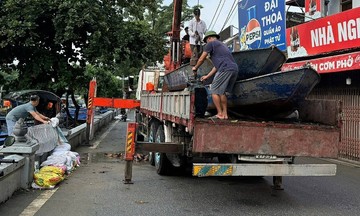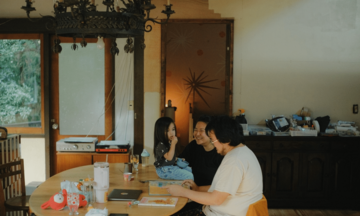Every August 1st, Swiss National Day, tourists flock to Büsingen am Hochrhein for the summer holidays. Boats and rafts drift along the Rhine River, while residents and visitors sunbathe on the grassy banks. Occasionally, a bus decorated with Swiss flags passes through the quiet streets.
According to visitors, it's a perfect festive scene for a national holiday celebration, except for one detail: these activities are taking place in Germany. Büsingen am Hochrhein is German territory but lies entirely within Switzerland. As a result, residents have long been accustomed to following the lifestyle, currency, and even the electrical system of their neighboring country.
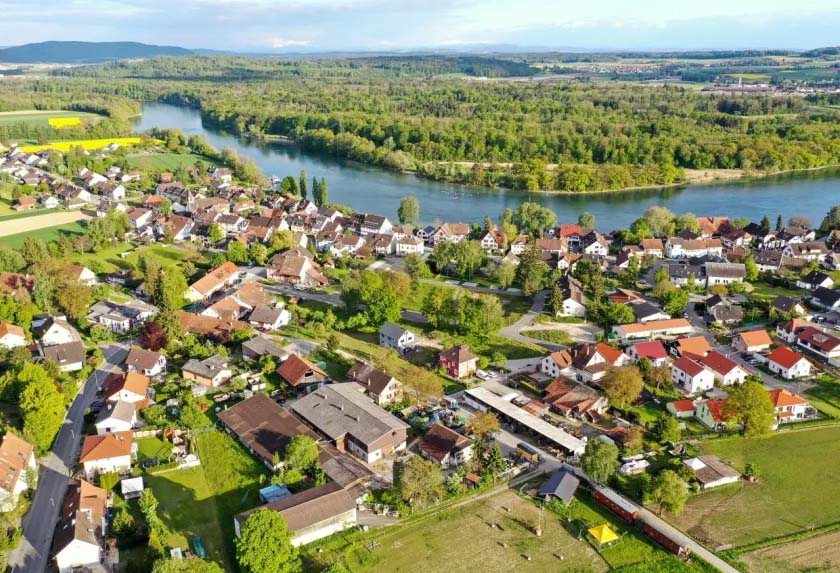 |
An aerial view of Büsingen am Hochrhein. Photo: Keystone/Felix Kästle |
An aerial view of Büsingen am Hochrhein. Photo: Keystone/Felix Kästle
Büsingen residents speak Swiss German and prefer using Swiss francs to euros. In fact, until the late 1980s, Büsingen didn't even accept German marks. The post office also only accepted Swiss francs for German stamps. Children attend German primary school, but many high school students study across the border, commuting daily to schools in Switzerland. Most residents work in nearby Swiss towns, earning francs, so their preference for this currency is understandable. Even the town's electricity comes from Switzerland. The only reminder of their German nationality is paying income tax to Germany.
The coexistence of German and Swiss cultures and customs in Büsingen is evident in many ways: residents can choose between two postal codes, two telephone networks, and two insurance systems. Homes and hotels have both German and Swiss electrical outlets. The town has two police forces. Someone arrested there could be tried in either a German or Swiss court, depending on which police force made the arrest.
The town's unusual location stems from a family feud in 1693. At that time, Büsingen was under the control of the Austrian lord Eberhard Im Thurn. Although born into a Protestant family, Eberhard was accused of secretly practicing Catholicism after a quarrel with the town pastor. He was kidnapped by his own cousins and handed over to the Swiss authorities in Schaffhausen, where he was imprisoned for six years. Upon his release, Eberhard actually converted to Catholicism. This incident almost triggered a war between Austria and Switzerland. Later, although Austria sold many territories to the canton of Zurich, they retained Büsingen. Eventually, this area became part of Germany.
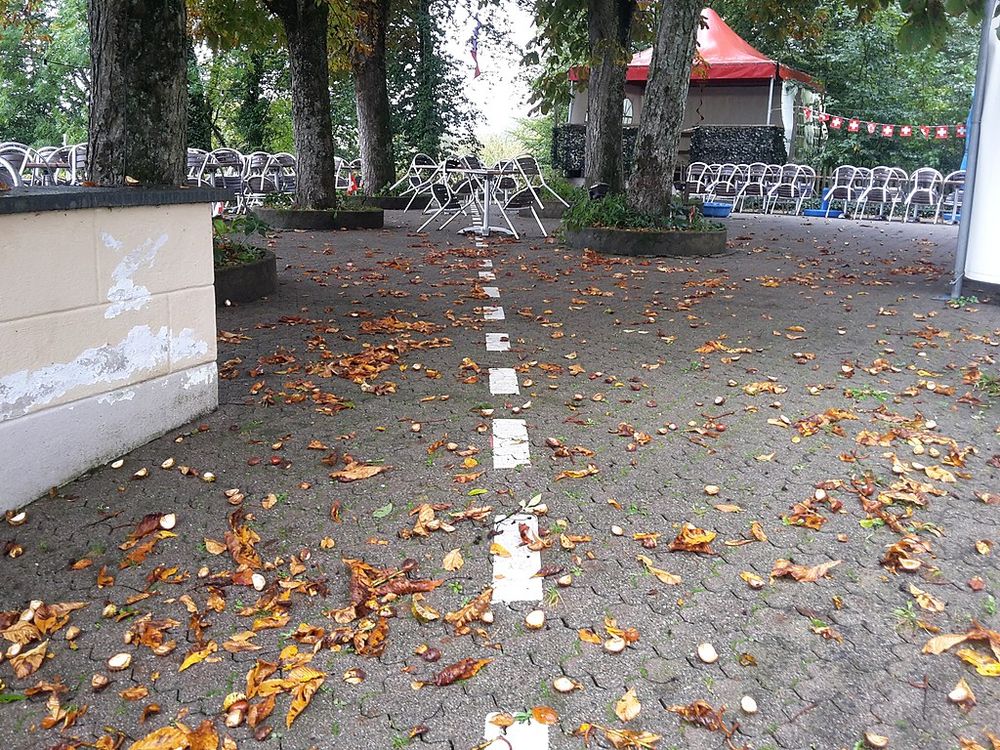 |
A dashed white line replaces the Swiss-German border fence, running through a restaurant in Büsingen. Photo: Amusing |
A dashed white line replaces the Swiss-German border fence, running through a restaurant in Büsingen. Photo: Amusing
Most Büsingen residents believe life would be easier if they belonged to Switzerland. But that's unlikely to happen. In 1918, Büsingen held a referendum, and 96% voted to join Switzerland. However, since Switzerland couldn't cede land in exchange, Germany rejected the proposal, and Büsingen remained under German rule.
In 1967, the town signed a customs union agreement with Switzerland, becoming the only German territory outside the European Union, free from EU economic regulations. As a result, Büsingen became a tax haven: goods purchased in the EU and brought here are VAT refundable, while purchases within the town are subject only to Swiss VAT, which is much lower than in Germany. Residents also don't pay property tax.
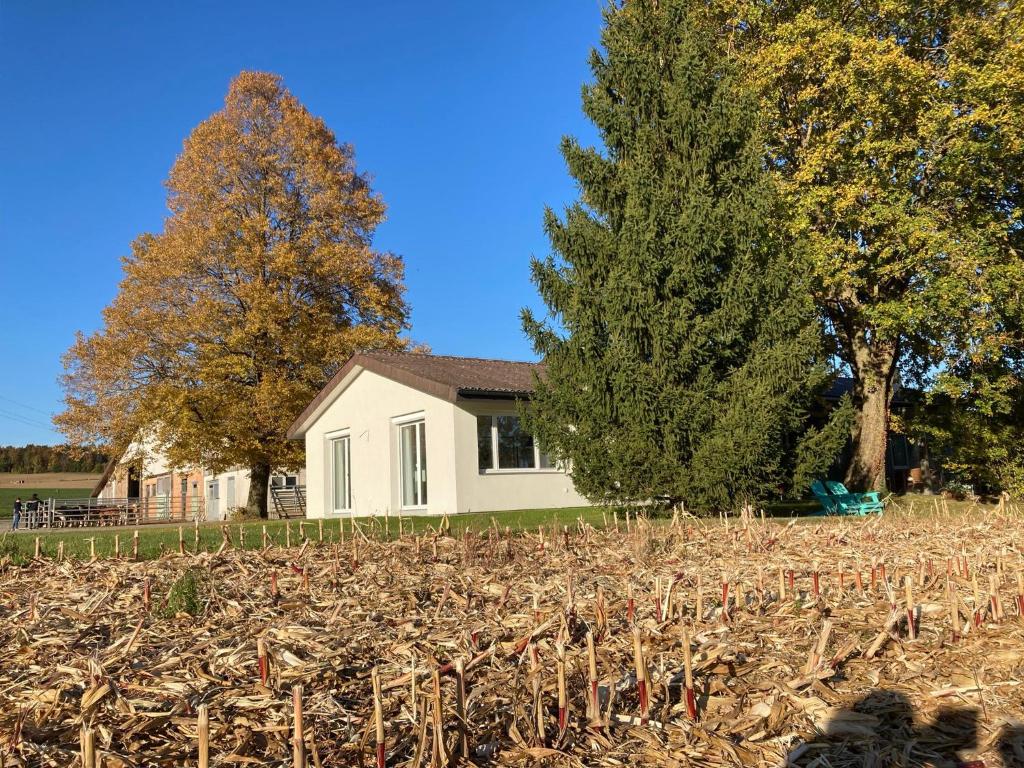 |
A guesthouse for rent in Büsingen. Photo: Booking |
A guesthouse for rent in Büsingen. Photo: Booking
One disadvantage is that income tax in Büsingen is higher than in neighboring Swiss towns, leading many young people to move across the border. But in retirement, the situation reverses: like other parts of Germany, pensions are almost untaxed, making Büsingen an ideal place for many Swiss to choose for their retirement.
Anh Minh (BBC, Swissinfo)



